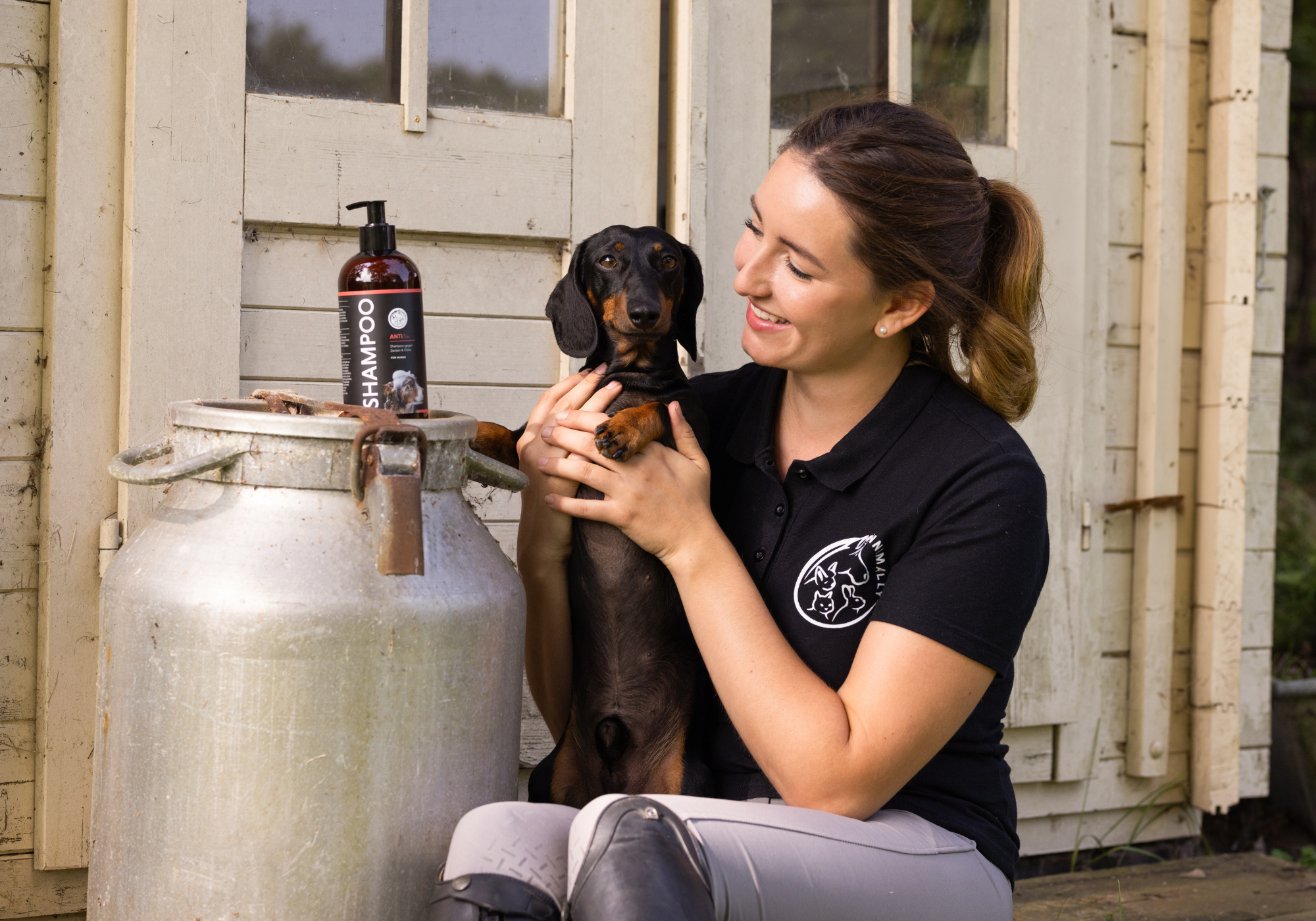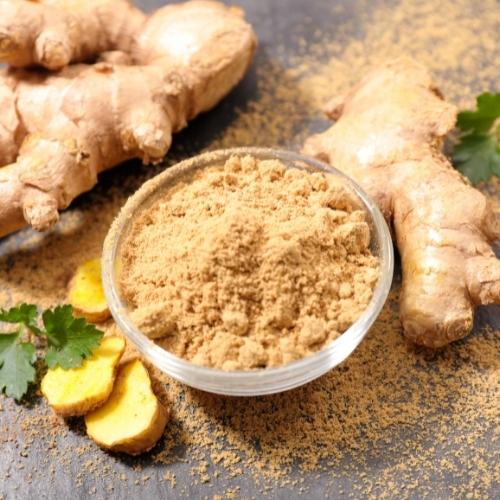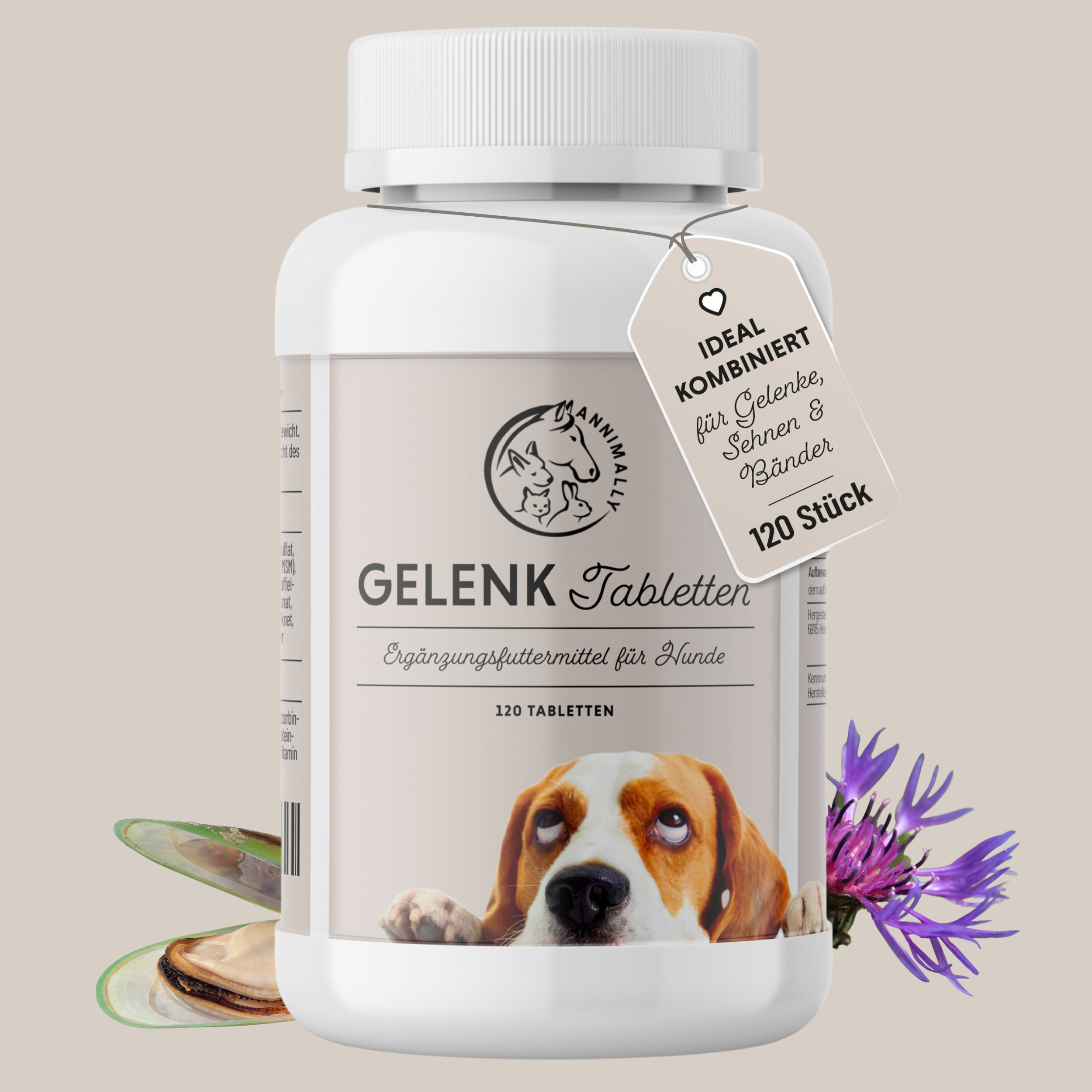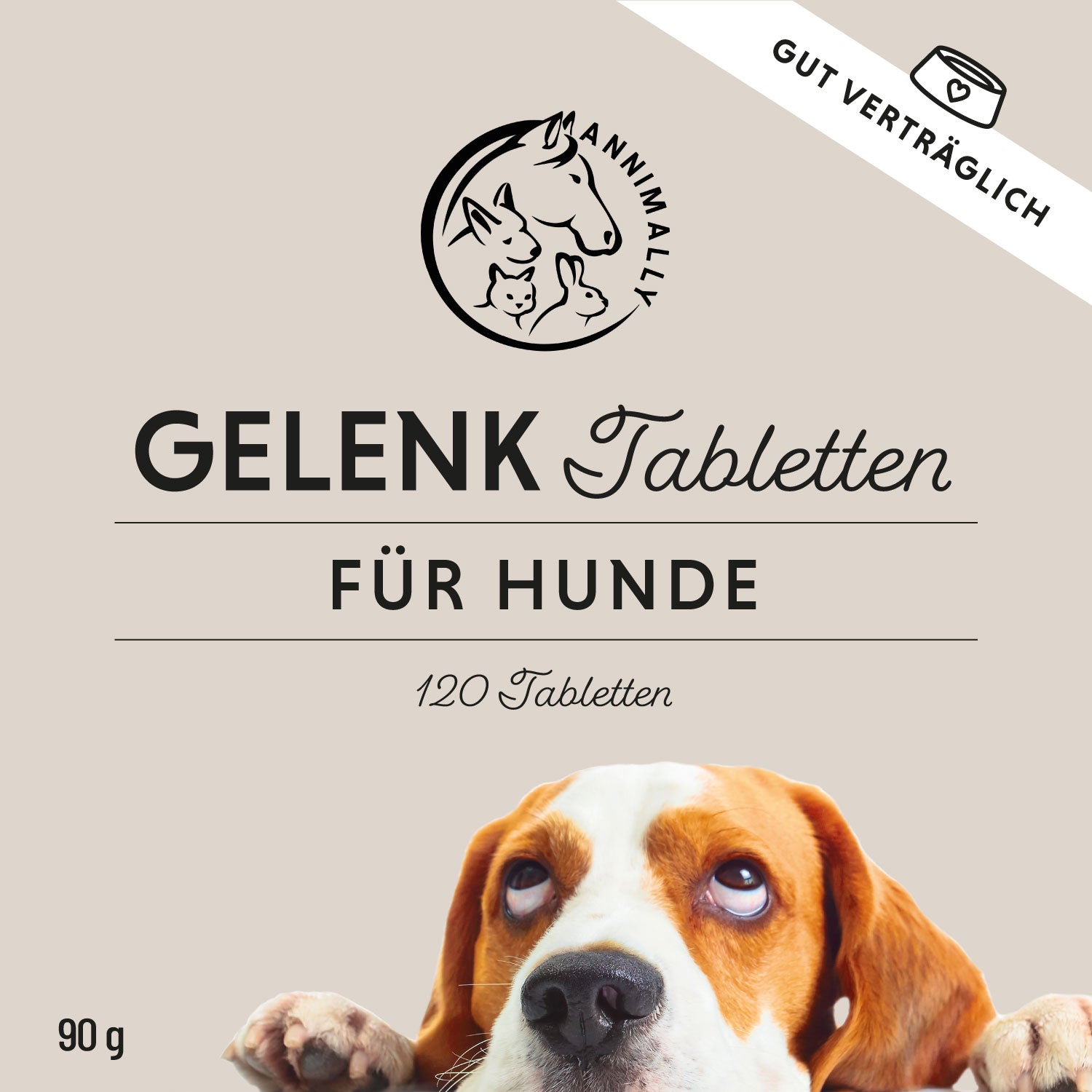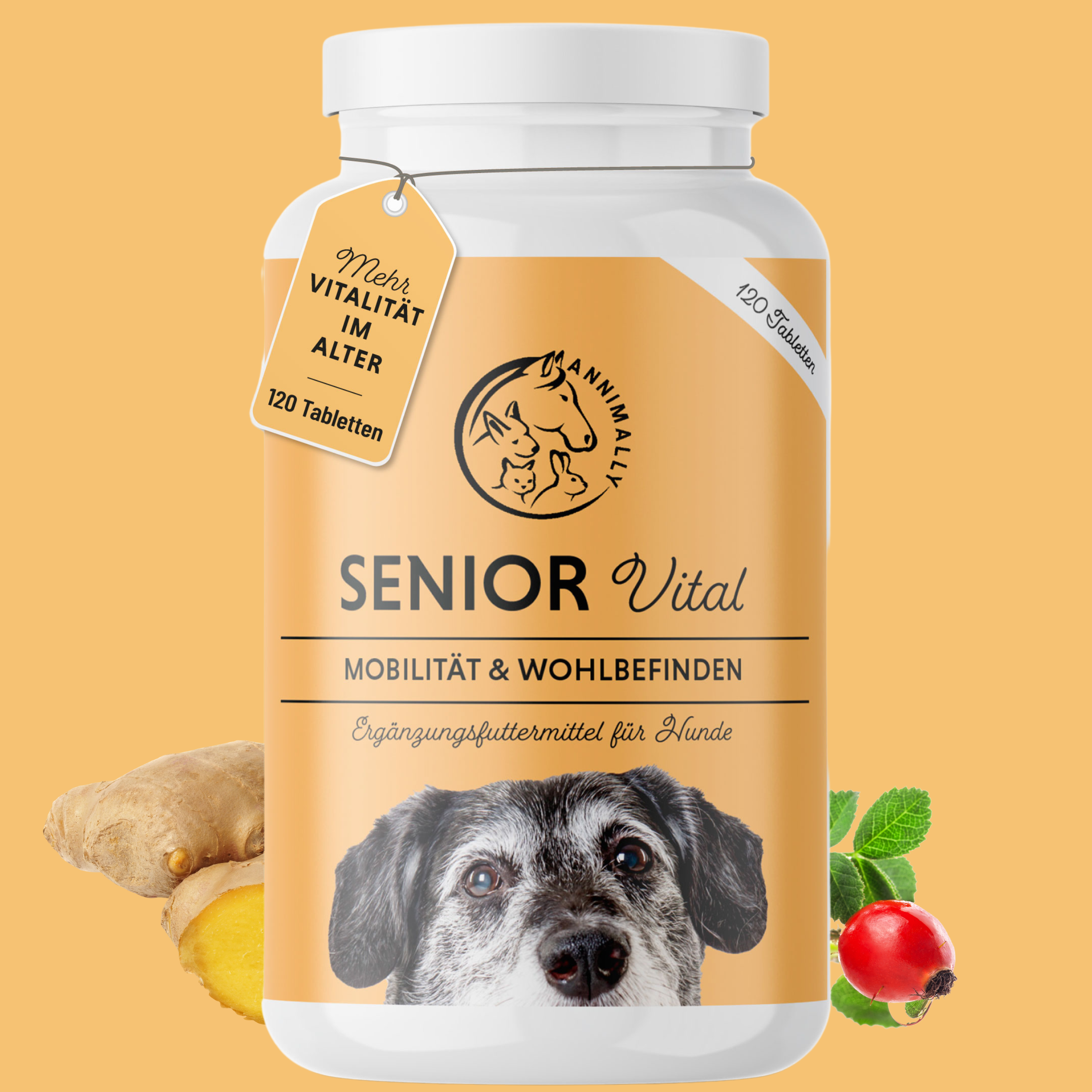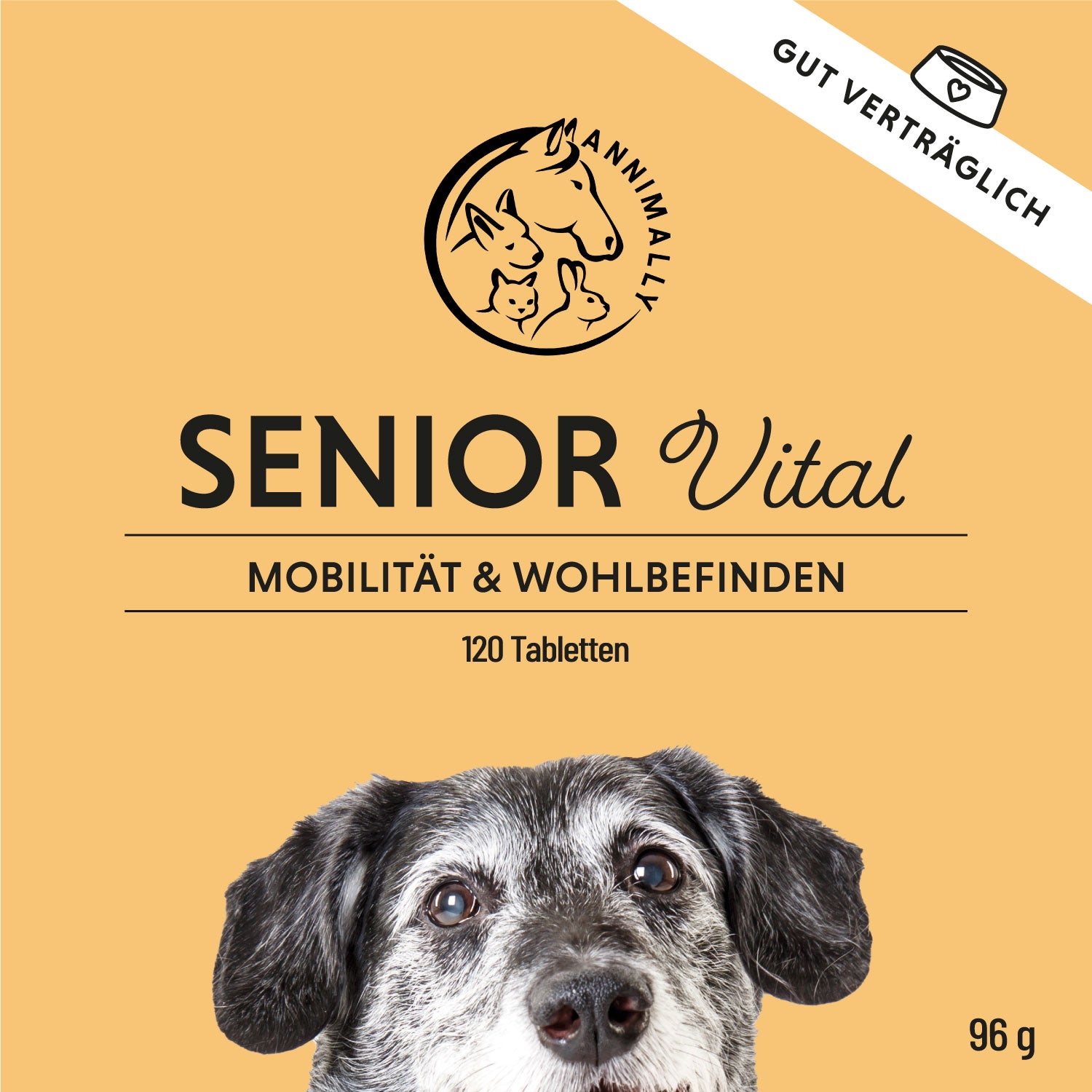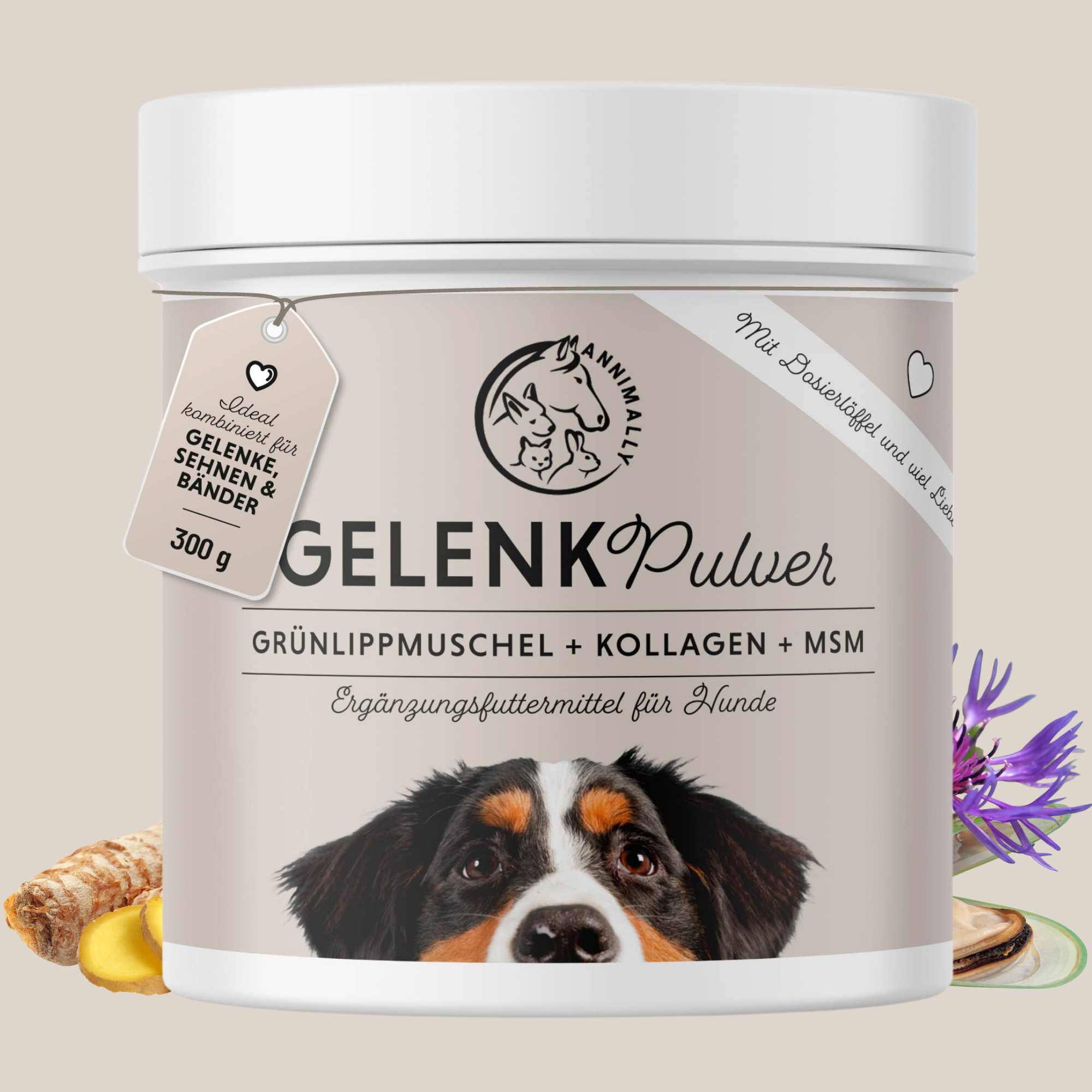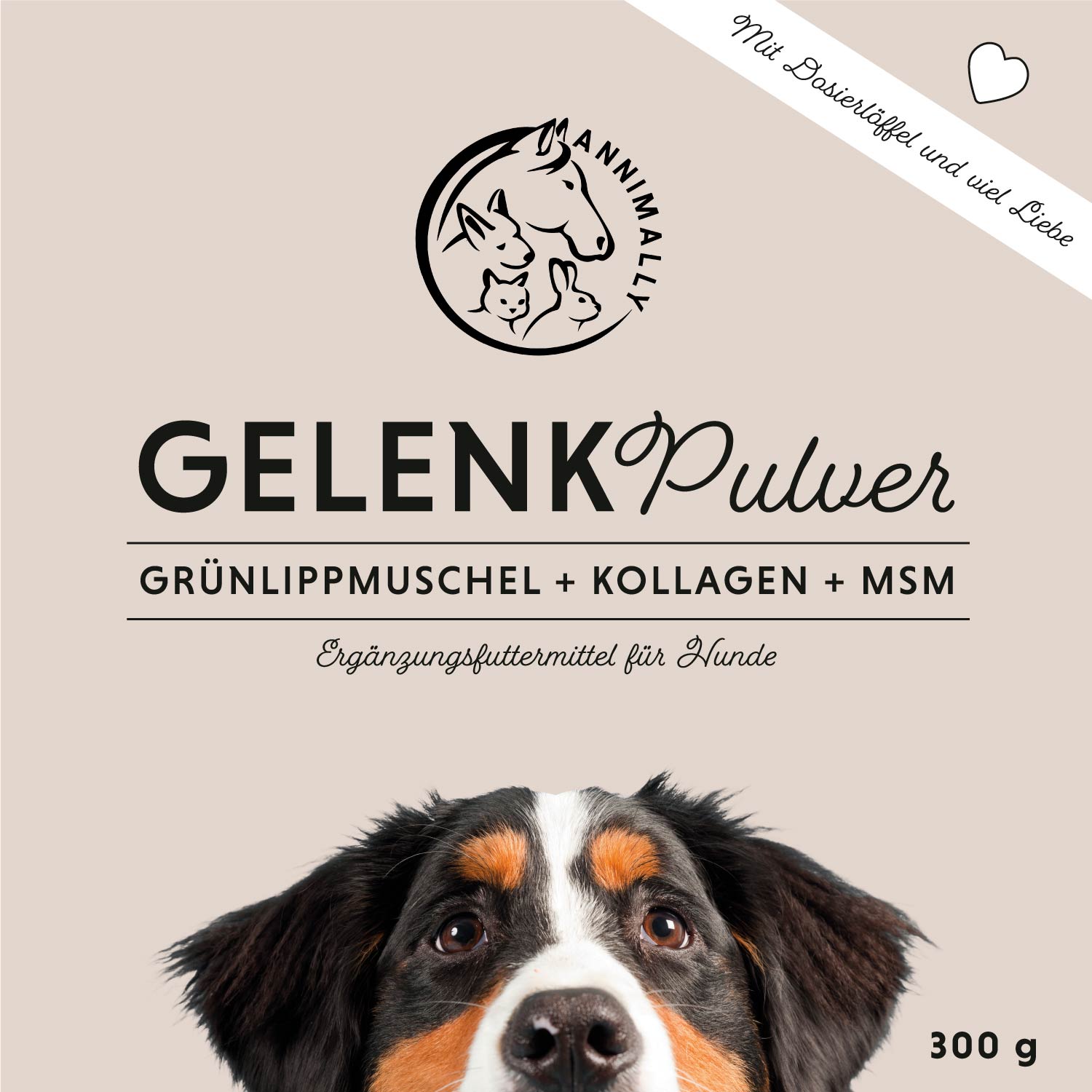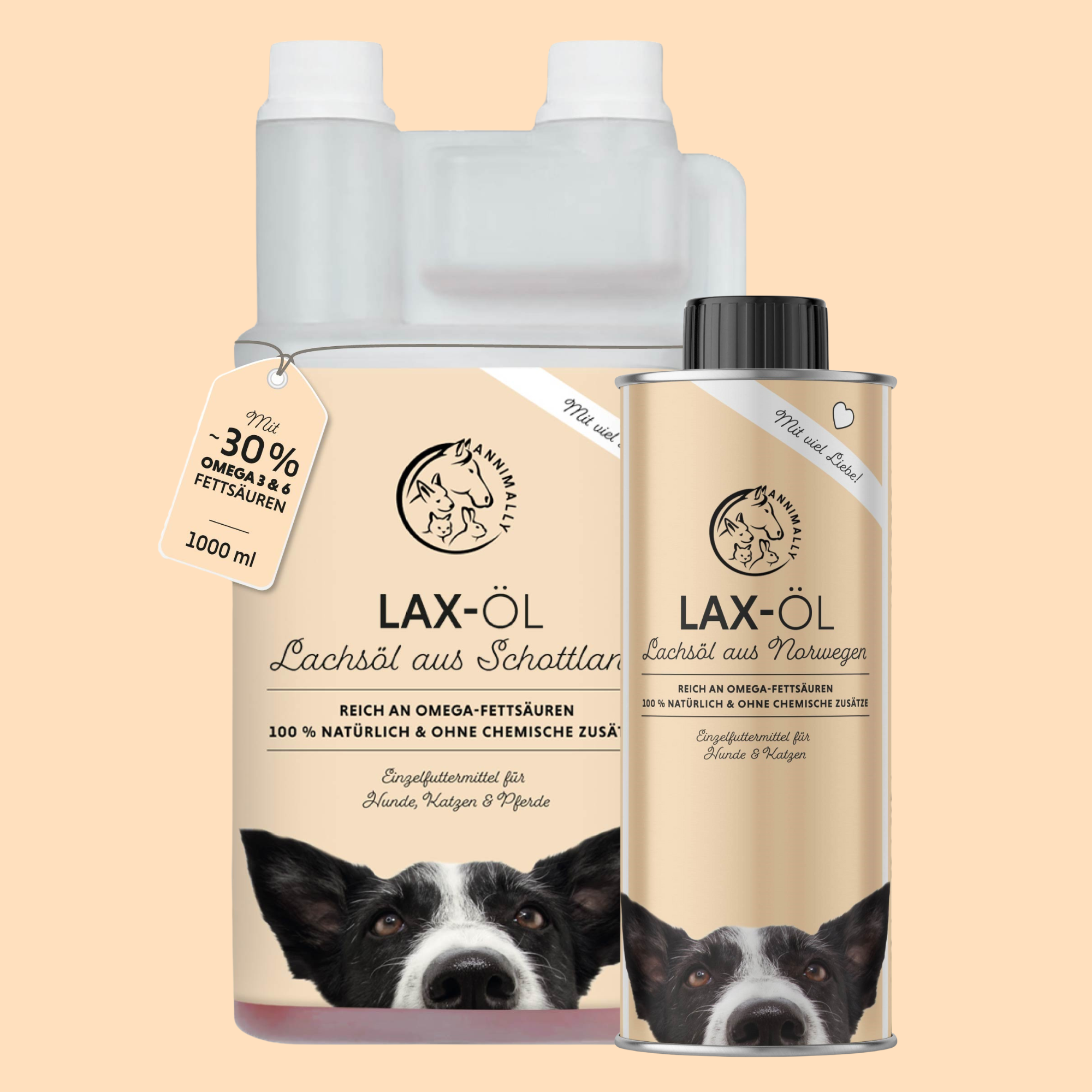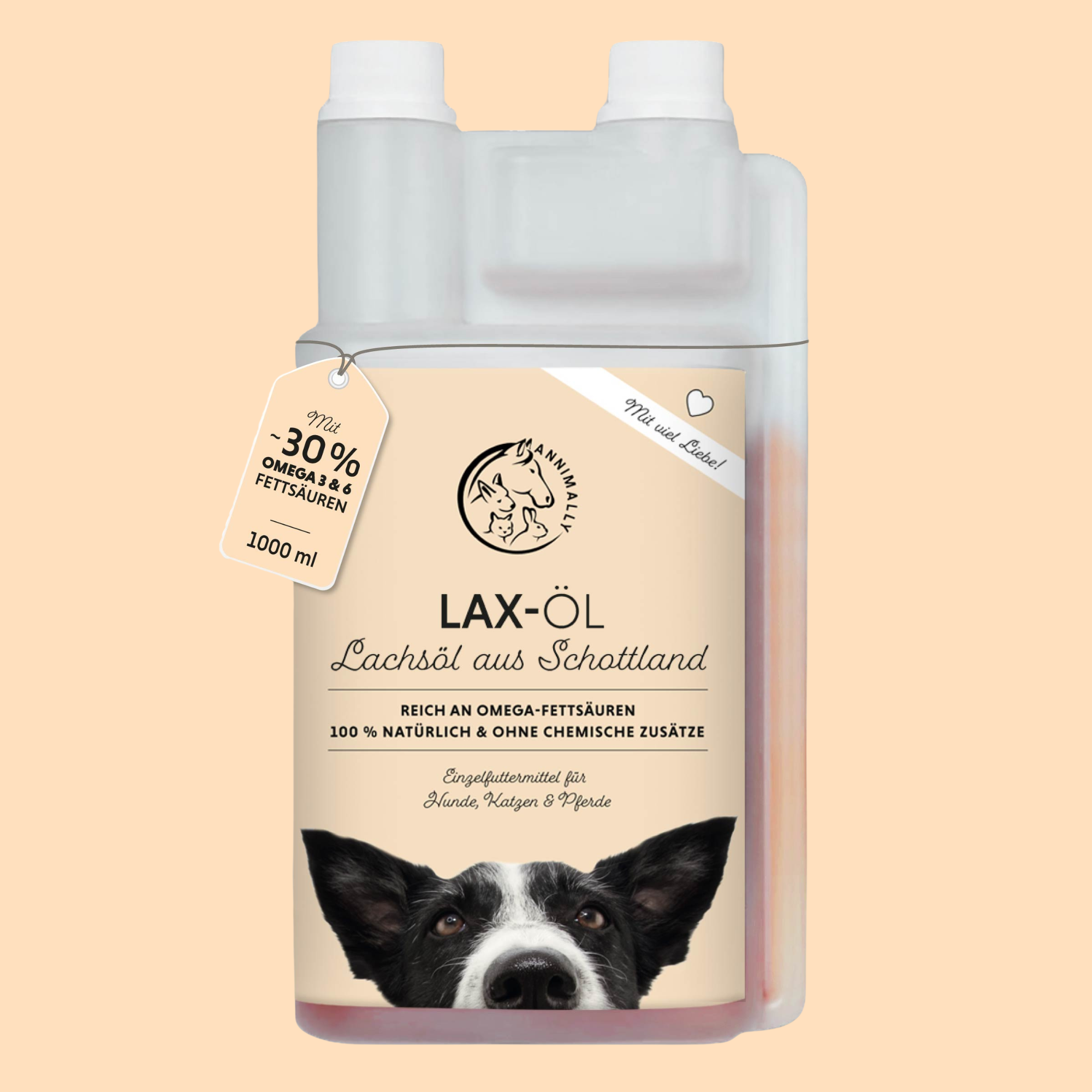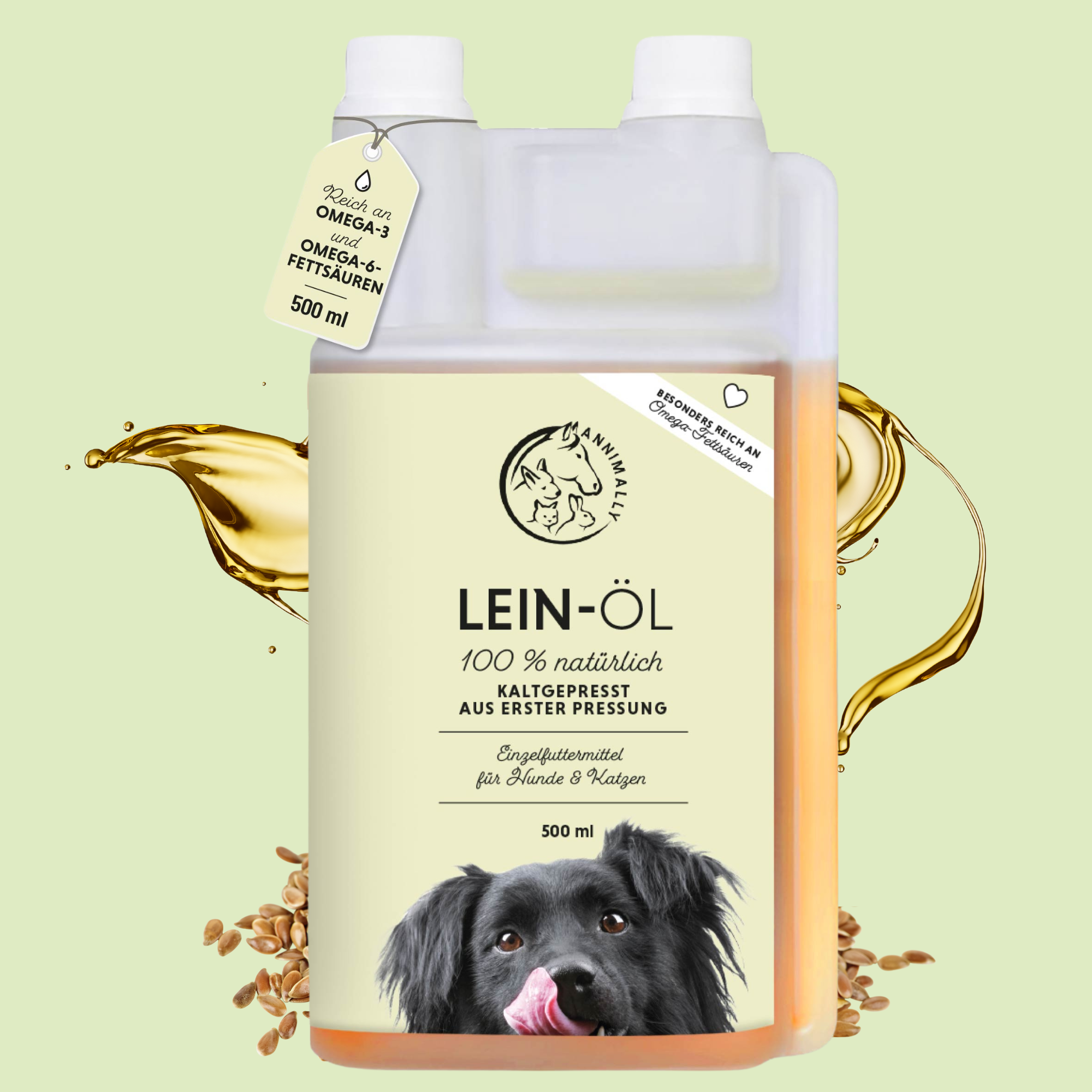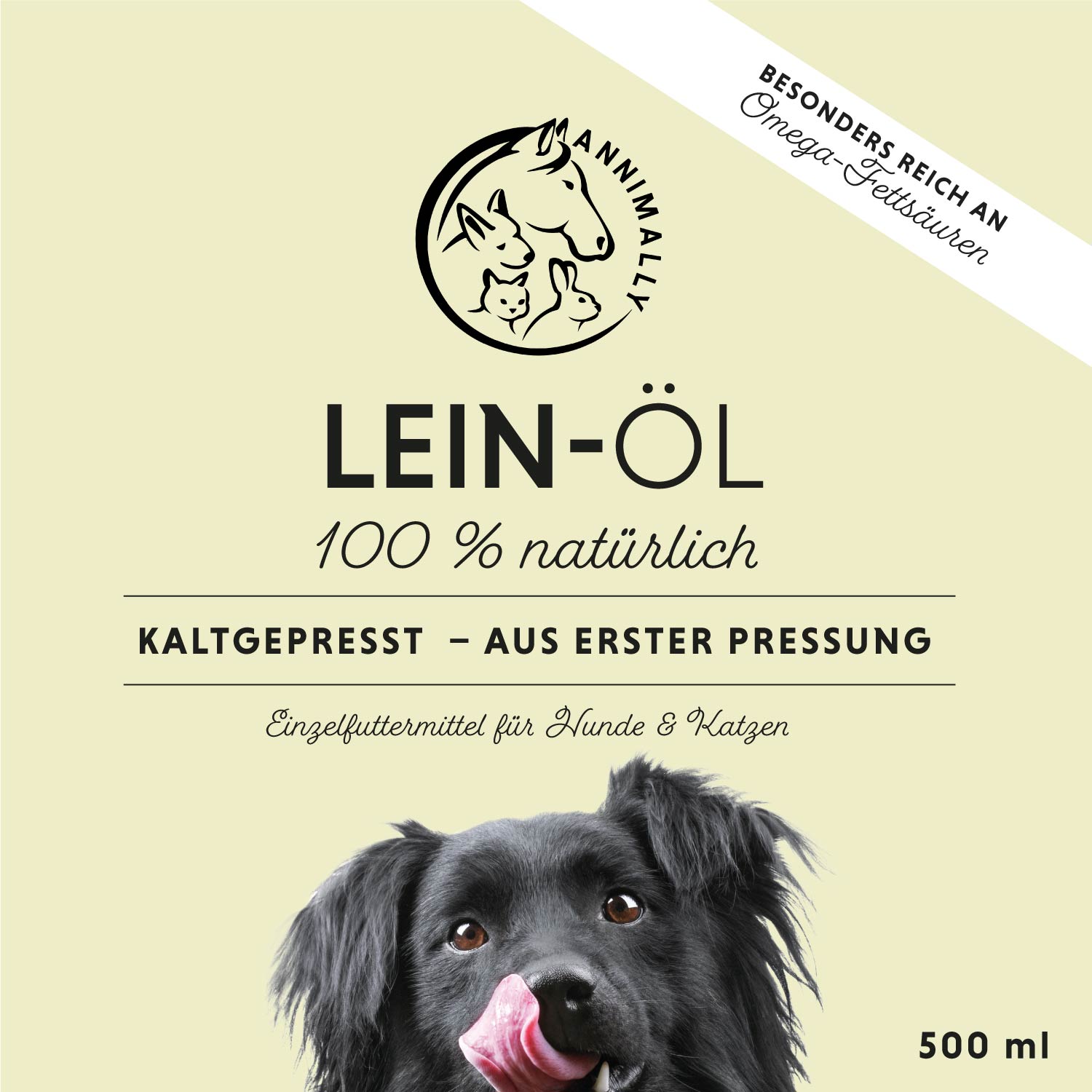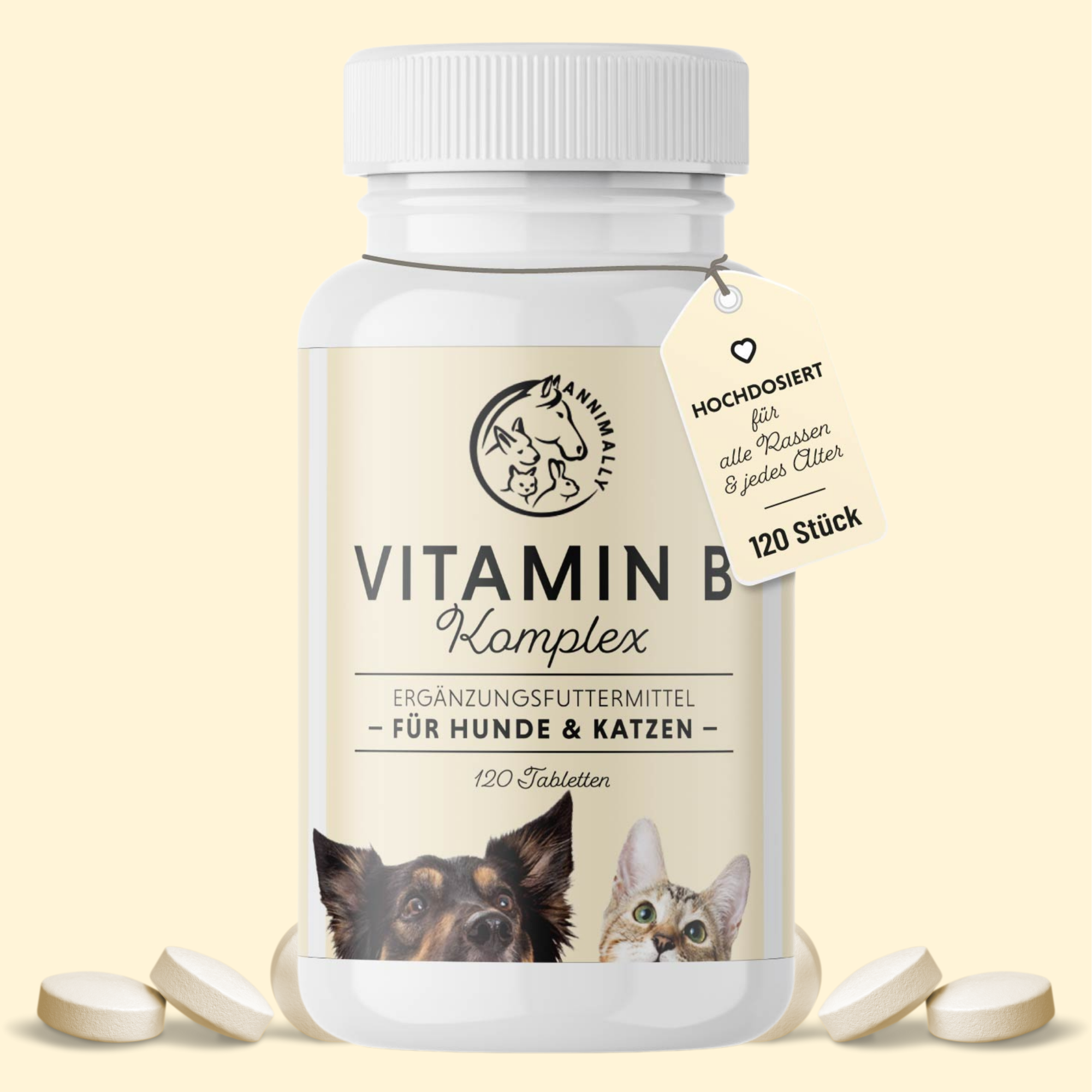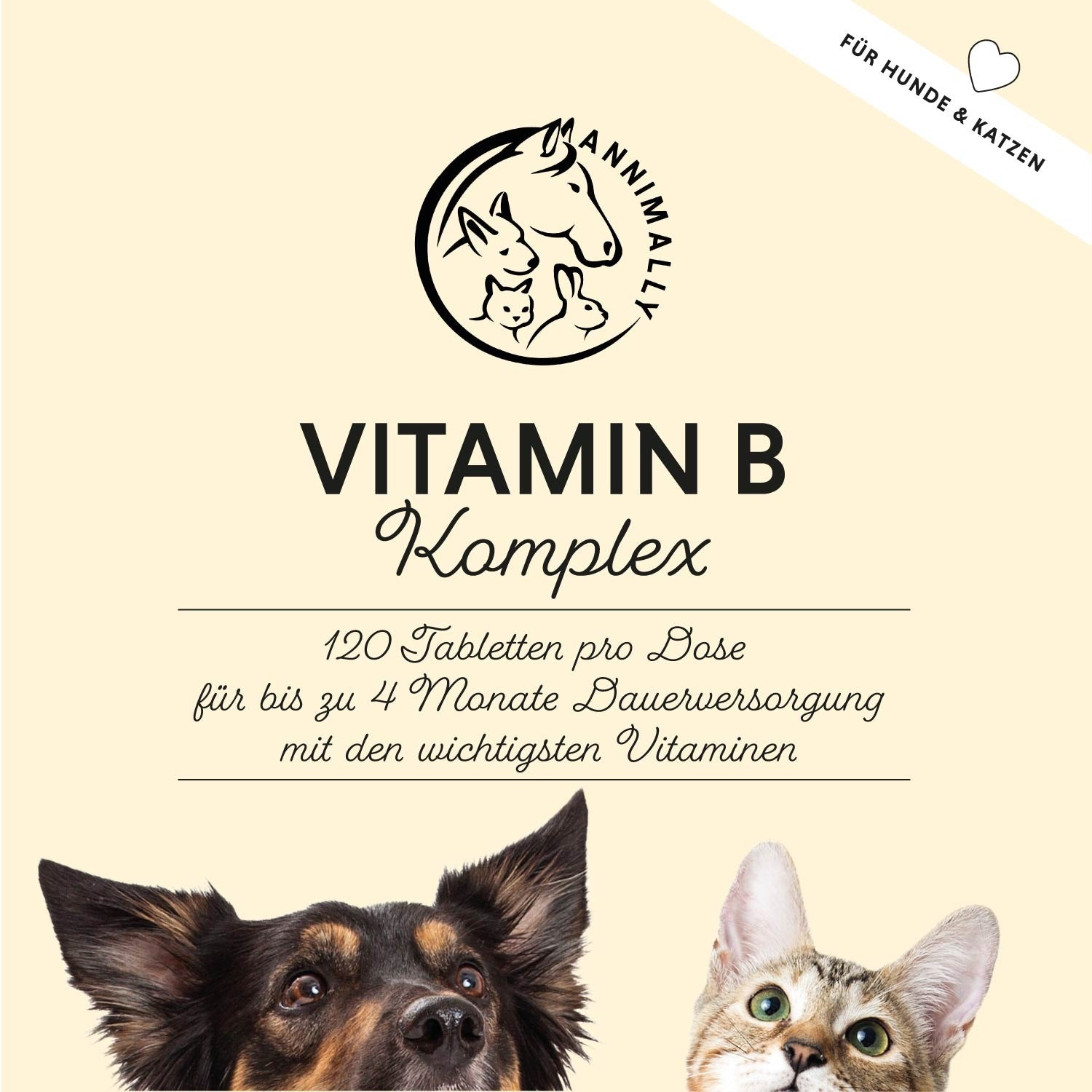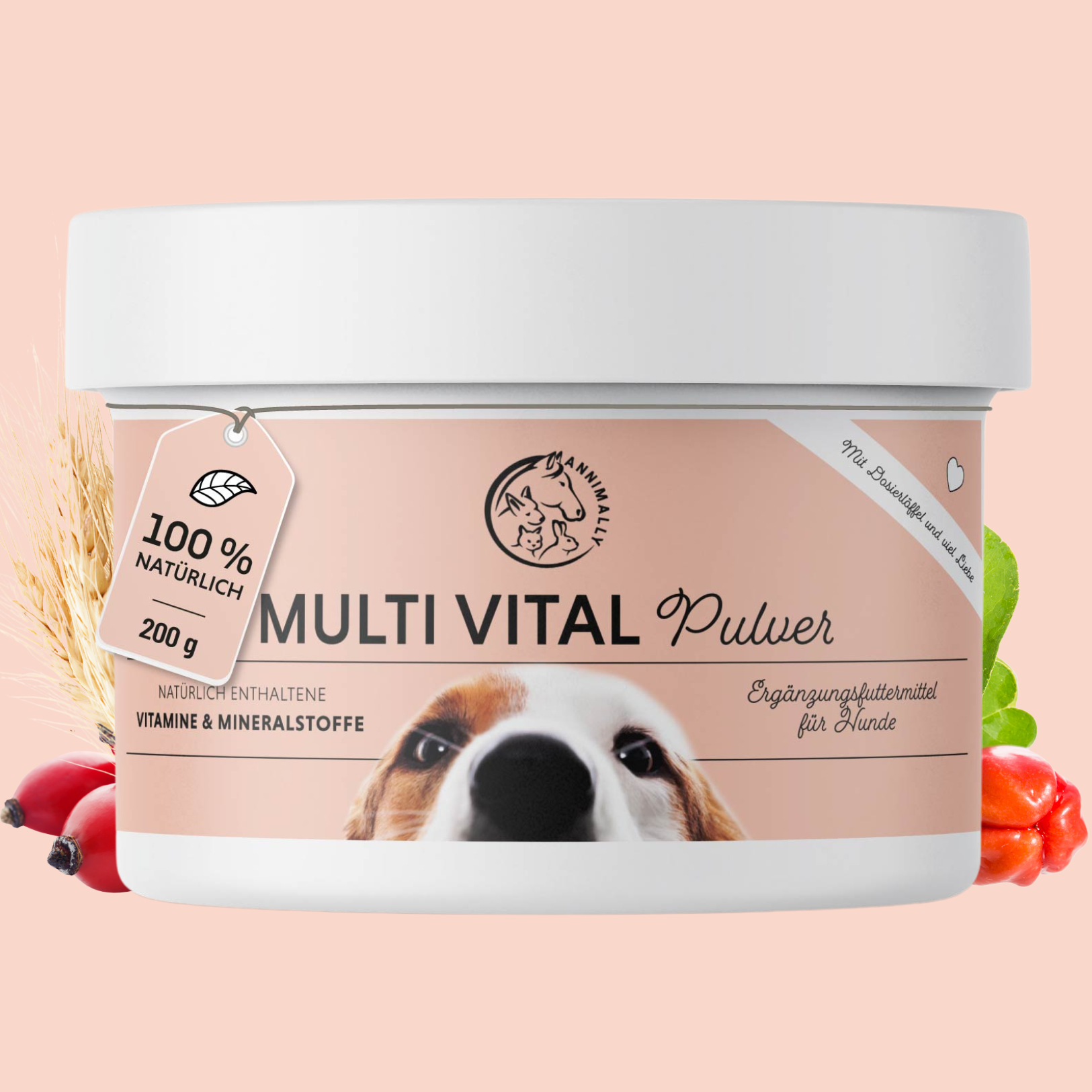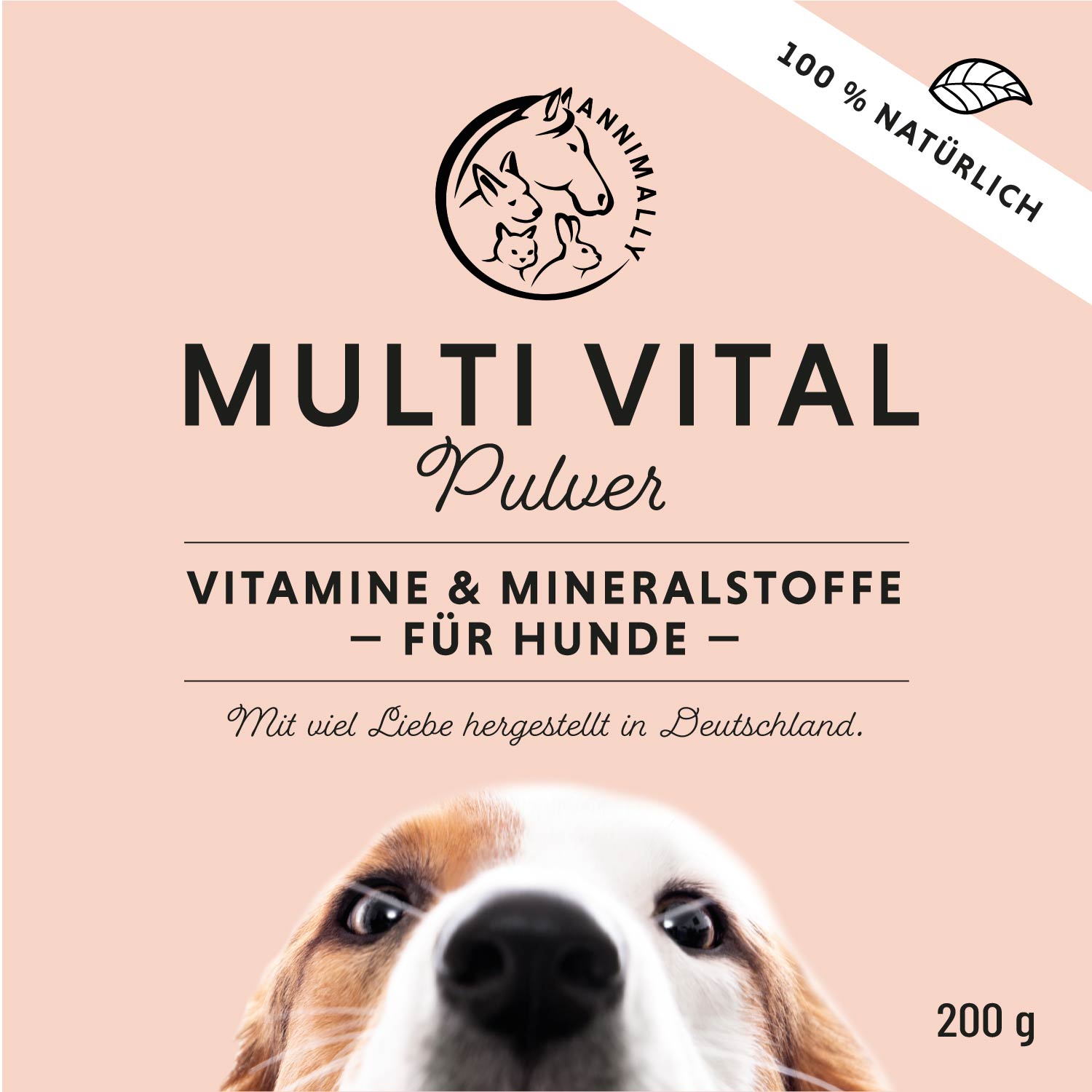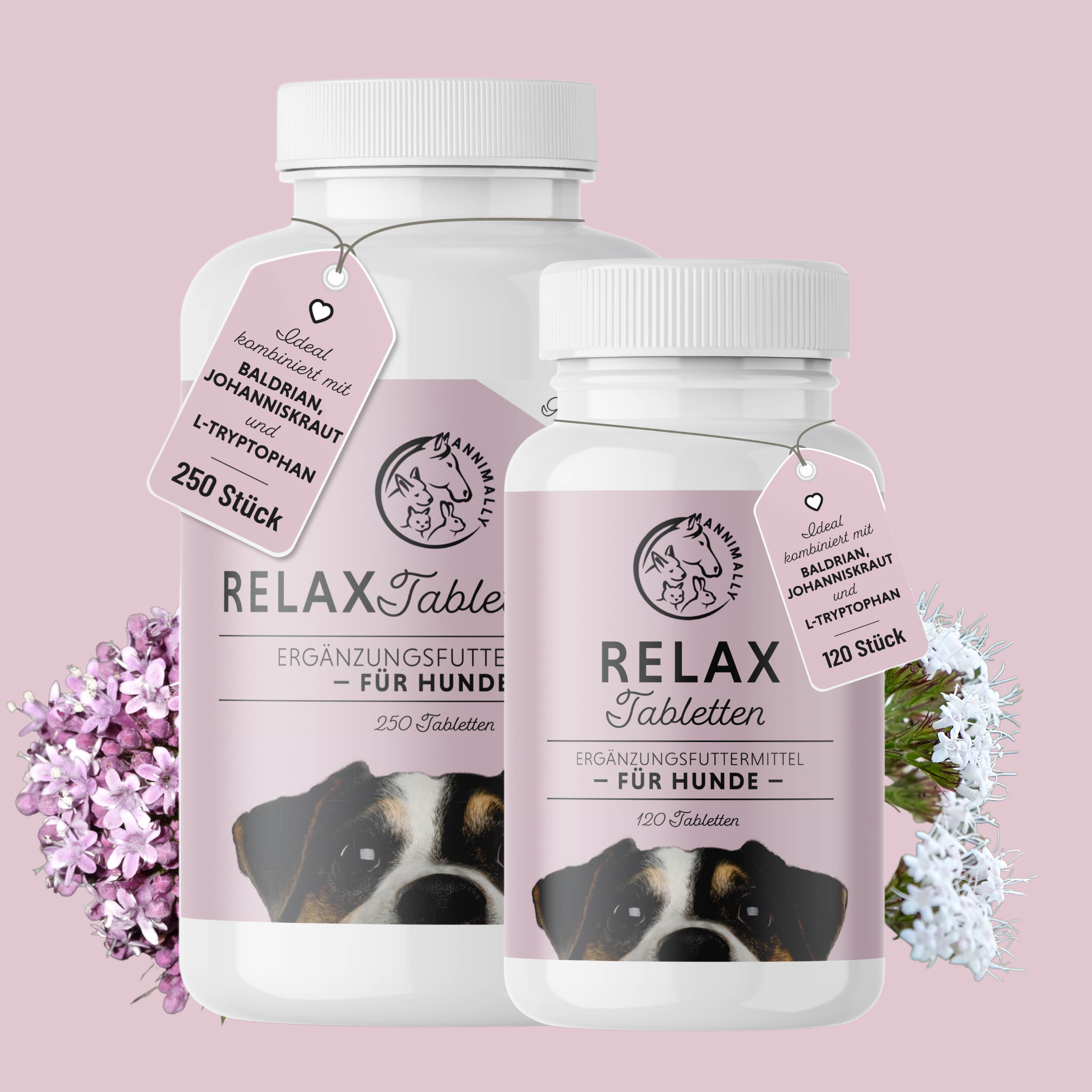Ginger for dogs: Everything about effects, use and safety
Have you ever thought about giving your dog ginger? The spicy root is not only a real miracle weapon in the human diet, but can also offer a variety of health benefits for our four-legged friends. Whether for digestive problems, joint pain or to strengthen the immune system - ginger has a lot to offer.
In this article, you will learn why ginger is so healthy for dogs, how to use it safely and what you should definitely pay attention to.

Ginger: What makes the root so special?
Ginger is a tropical plant whose underground rhizome is full of active ingredients. The most well-known ingredients are gingerol, shogaol and zingiberene, which can have a variety of positive effects on the body. These compounds are responsible for the anti-inflammatory, antioxidant and digestive properties of the root.
Thanks to its diverse effects, ginger lives up to its reputation as a natural remedy and can also help alleviate many health problems in dogs.
Why is ginger so good for dogs?
There are many uses for ginger in dogs. Here are the main benefits of the root:
1. Support of digestion
Dogs can suffer from digestive problems just like humans. From flatulence to stomach pain to diarrhea - digestive problems are not only unpleasant, but can also indicate a serious disorder. Ginger has a calming effect on the gastrointestinal tract, promotes intestinal motility and can thus help to relieve symptoms.
2. Relief from nausea and motion sickness
If your dog tends to get sick when driving or travelling, ginger is a natural helper. The active ingredients in ginger soothe the stomach and can effectively reduce the feeling of nausea. This is particularly helpful on long car journeys when your dog would otherwise become restless or apathetic.
3. Anti-inflammatory properties
Chronic inflammation, which often occurs with arthritis or joint diseases, can significantly affect your dog's quality of life. This is where ginger comes into play: the anti-inflammatory active ingredients can relieve pain and reduce swelling. This makes your dog more mobile and active again.
4. Promote blood circulation
Good blood circulation is essential for your dog's health. It ensures that oxygen and nutrients are transported effectively through the body. Ginger stimulates blood circulation and thus supports general vitality and well-being.
5. Strengthening the immune system
Thanks to its antioxidant properties, ginger can boost your dog's immune system. It helps neutralize free radicals that can damage cells and supports the body in fighting off disease.
How can you safely use ginger for your dog?
There are many ways you can incorporate ginger into your dog's diet. It is important that you always start with small amounts and carefully observe your dog's reaction.
1. Fresh ginger
Fresh ginger is the purest and most natural form of the root. Peel it, grate it finely and mix a small amount into your dog's food. For small dogs, 1/8 teaspoon is enough, larger dogs can have up to 1/2 teaspoon.
2. Ginger tea
Ginger tea is particularly gentle for dogs with sensitive stomachs. Cut a thin slice of ginger, pour hot water over it and let the tea cool. Give your dog a few sips, especially if he is feeling unwell or suffering from nausea.
3. Ginger in powder form
If you don't have fresh ginger on hand, you can also use ground ginger. Make sure that the powder does not contain any additives such as sugar or preservatives. The dosage is the same as for fresh ginger: small dogs only get a pinch, larger dogs can have a little more.
4. Homemade ginger treats
If your dog loves treats, you can easily spice them up with ginger. For example, mix oatmeal, pureed vegetables such as pumpkin and a small amount of grated ginger into a dough. Form the dough into cookies and bake them in the oven.
5. Ready-made dietary supplements with ginger
In pet stores and online shops you can find nutritional supplements that contain ginger. These are specially developed for dogs and are generally safe to use. However, always read the ingredients carefully and make sure that the product does not contain any unnecessary additives.
How much ginger is safe for dogs?
The correct dosage depends on the size and weight of your dog. Too much ginger can irritate the stomach and even lead to diarrhea, so you should always be careful.
Recommended daily amounts:
-
Small dogs (up to 10 kg): 1/8 teaspoon grated ginger
-
Medium-sized dogs (10–25 kg): 1/4 teaspoon grated ginger
-
Large dogs (over 25 kg): 1/2 teaspoon grated ginger
Start with half the recommended amount and only increase the dose if your dog tolerates the ginger well.
When should you avoid ginger?
Although ginger has many benefits, there are also situations in which you should avoid the root:
1. Sensitive stomach
If dogs are too sensitive to new foods or already suffer from stomach problems, ginger should be introduced very sparingly and with caution.
2. Gallstones or liver problems
Because ginger can stimulate the production of bile, it is not suitable for dogs with gallstones or liver problems.
3rd pregnancy
If your dog is pregnant, you should avoid ginger. In large quantities, it can stimulate contractions and have a negative effect on the pregnancy.
4. Medications and previous illnesses
Dogs that take blood-thinning medication or suffer from cardiovascular problems should only be given ginger after consulting a veterinarian.
Tolerance, signs of intolerance and use in puppies
Not all dogs can tolerate ginger without problems, although most four-legged friends cope well with it. You should be particularly careful with dogs that are sensitive to new foods or suffer from certain pre-existing conditions and test the introduction of ginger gradually and in small amounts.
But how do you know if your dog is intolerant to ginger? Signs such as vomiting, diarrhea or loss of appetite after feeding are clear indications that ginger may not be right for him. In such cases, you should stop giving him ginger immediately and consult your vet if necessary.
The question of whether ginger is suitable for puppies also arises. In principle, young dogs can also benefit from the advantages of the root in very small quantities. However, special care must be taken here and prior consultation with the vet is strongly recommended to ensure that a puppy's sensitive stomach is not burdened.
Step-by-step guide: Integrate ginger into your diet
Start small
Always start with a very small amount of ginger to test how your dog reacts to the taste and whether he tolerates the root well. Ginger has a spicy taste that not every dog likes, so it is important to observe your dog's reaction.
Watch your dog
Pay attention to whether your four-legged friend shows any negative reactions, such as vomiting, diarrhea or loss of appetite. If he does not like the taste of ginger or shows problems, reduce the amount or try a different preparation method.
Regularity is the key
Ginger works best when given regularly but in small amounts. The spicy ingredients work their magic over time, especially when used continuously in your dog's diet.
Talk to your veterinarian
If you are unsure whether ginger is suitable for your dog or how to dose it correctly, consult your veterinarian. They can help you find the right amount to suit your dog's individual needs.
Long-term benefits of ginger for dogs
If dogs tolerate ginger well, the root can be used as a long-term natural supplement. It not only supports digestion and the immune system, but can also promote general vitality. Older dogs in particular benefit from its anti-inflammatory and circulation-stimulating properties.
Conclusion: Ginger for dogs - A natural helper
Ginger is a versatile and natural supplement that can help your dog in many ways. From digestive problems to joint pain, the root has impressive health benefits. However, it is important that you use ginger in the right dosage and with caution.

